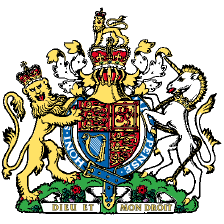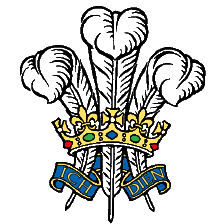At last biosecurity is beginning to gain traction and industry practices are gradually changing. Take Olive for example, such a glorious tree, unrivalled in what it does aesthetically and so beautiful in structure. However, with the arrival of the plant disease Xylella Fastidiosa into Southern Italy in 2013, the Olive population in this part of Europe was decimated and the production of Olive Oil supporting thousands of families was lost. A lot of tree diseases are genus specific like Ash Die back, but the thing about Xylella is that it also wipes out numerous other genera and particularly favours Laurus nobilis (Bay), Prunus dulcis (Almond), Quercus suber (Cork Oak), as well as the mainstream shrubs Lavender and Rosemary. We took the decision to stop growing and selling these varieties in 2015, not wanting to risk the UK treescape and our own production for short term commercial gain.
Xylella Fastidiosa has now been spread to Germany, France, Portugal and Spain but thankfully there has been no recorded case in the UK,….yet.
There are still many plant brokers importing Olives into the UK, at great risk to our environment, driven on by demand from specifiers and individuals who have no idea of the catastrophe that could so easily result. I am pleased to say that DEFRA is getting a grip on this and making it a lot harder for Olives to come into the country but we will rest easier when they are prohibited for good, along with the other host plants that Xylella fastidiosa favours.
The need for strict biosecurity is so important for the health of our nation’s trees. This is why the new kite mark scheme ‘Plant Healthy’ has been launched in the UK, auditing nurseries to make sure they have strict biosecurity procedures in place. We were certified onto this scheme in November 2020. Unfortunately this doesn’t stop poorly judged imports via ‘white van man’ into town markets every week up and down the UK but DEFRA has these traders on its radar and will hopefully put in legislation to get all to comply with stricter biosecurity standards.

At Barcham, we do not trade any plants for immediate resale. All of our saleable stock is vitality checked and passed as healthy by DEFRA before they are released onto the market each September, having been grown here at Barcham. Many of our trees are started from UK provenance seedlings and raised in our triple span polytunnel before being planted out in our field unit to grow on to harvest size. They are then lifted and containerized into our patented Light Pots to ready them for sale.
With the threat of multiple pest and diseases being imported into the UK by traded trees, it becomes more important to devise planting plans that offer a defense against host specific problems. Oak Processionary Moth, Ash Die Back and Dutch Elm Disease are good examples of how a single variety can all get wiped out by one event. Genus diversity is the key to future proofing your planting. If one genus accounts for only 10% of your arrangement you are limiting your exposure to total losses further on down the line.
Ironically, the need for greater genus diversity puts pressure on demand and triggers more imports but if you go with a nursery with certified ‘Plant Healthy’ status you will be on the right side of things. The incidence of importing a problem goes away if you buy from UK nurseries who have grown their plants rather than brokered them. Always good to ask!
For more information on the ‘Plant Healthy’ scheme, please visit their website – https://planthealthy.org.uk/

View all Barcham trees
Bulk discount when you buy any mix of 10 trees or more


